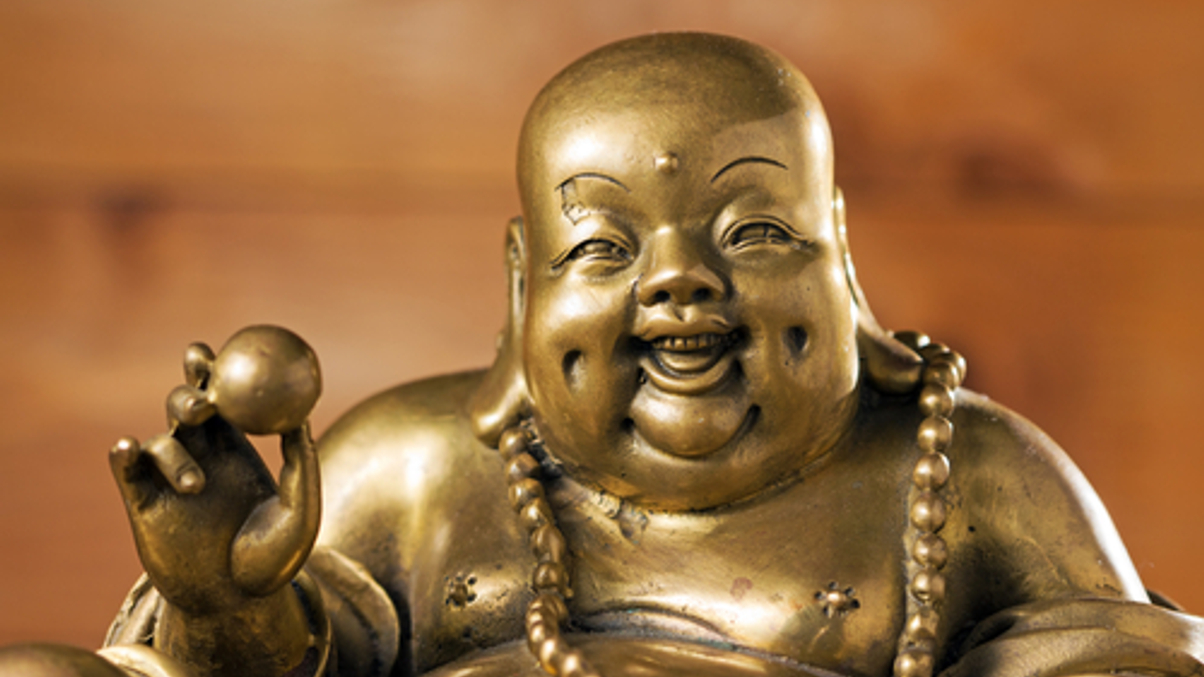Rising affluence highlights philanthropy's potential in Asia
The benevolence of Asia's wealthy could be directed to improve economic and social conditions, but the entrepreneurial source of their fortune may lead to a different approach and limited impact, writes Scorpio Partnership.

Efforts to create a bailout fund to alleviate the debt crisis in Europe shows that philanthropy is not always conventional.
Sign in to read on!
Registered users get 2 free articles in 30 days.
Subscribers have full unlimited access to AsianInvestor
Not signed up? New users get 2 free articles per month, plus a 7-day unlimited free trial.
¬ Haymarket Media Limited. All rights reserved.


